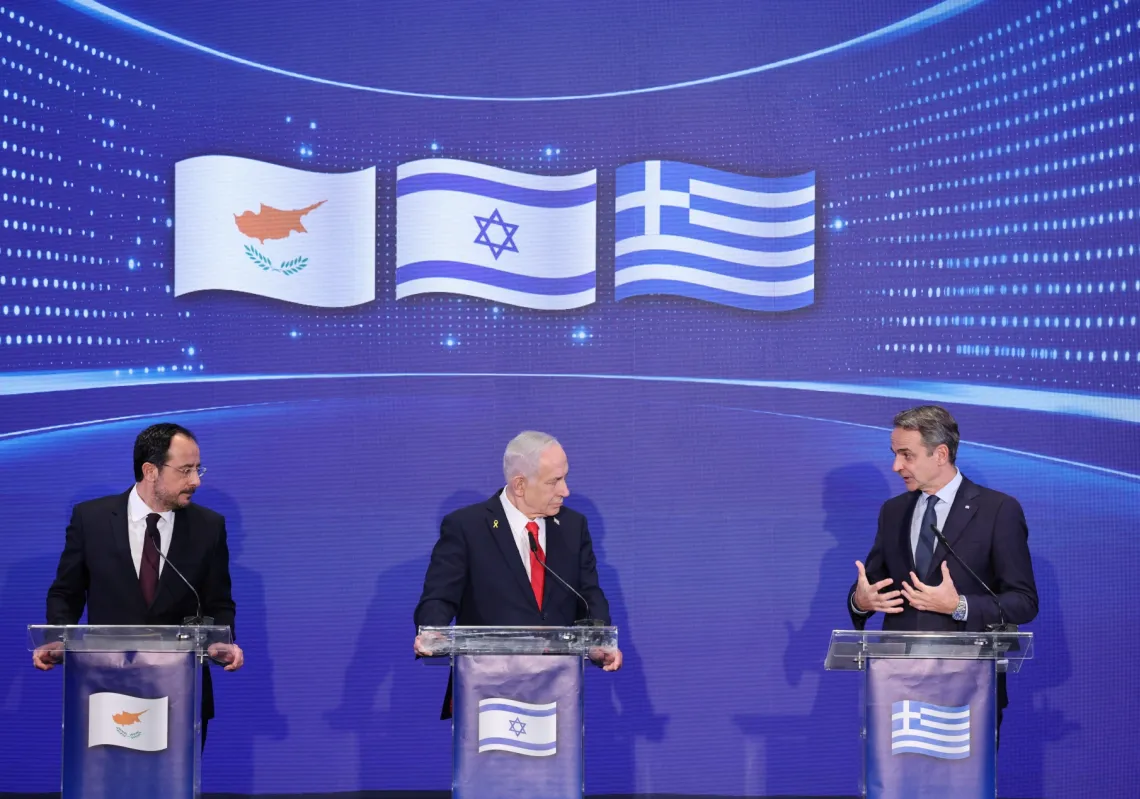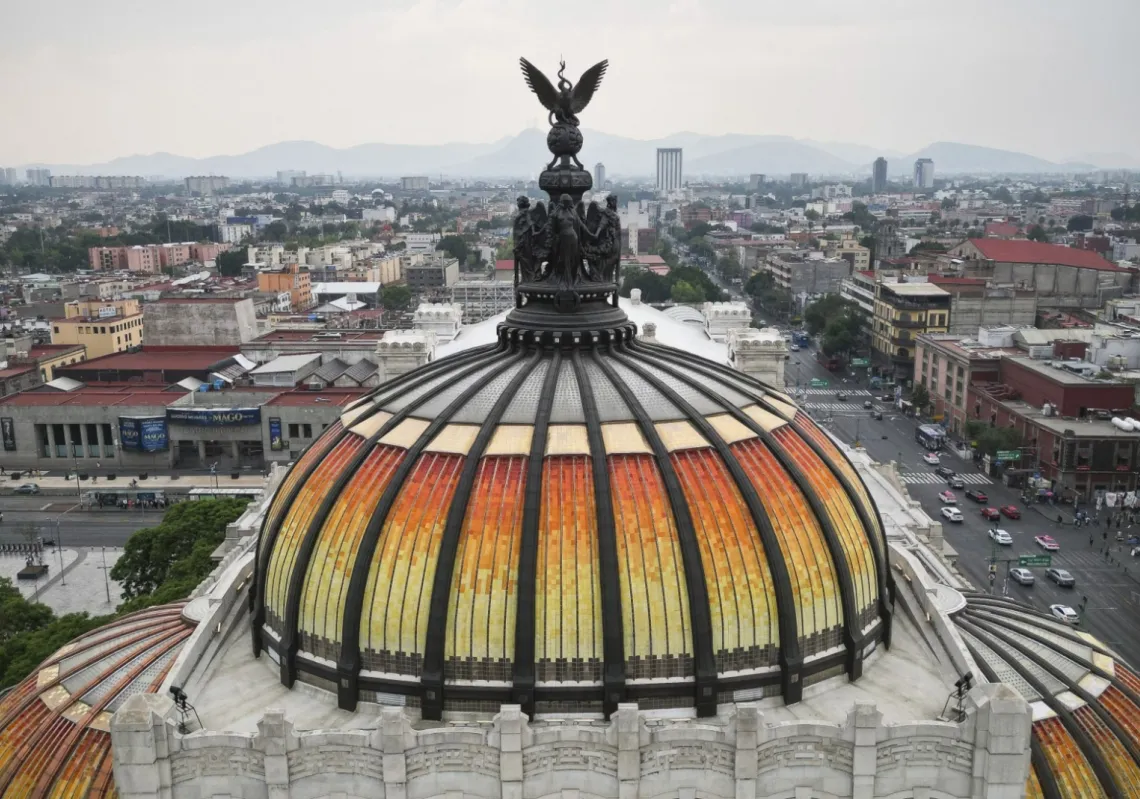The last US “combat” troops have now left Iraq and the American role in that country has changed from a military effort led by the Pentagon to a civilian mission led by the US State Department. This transition is one of the most complex military-to-civilian handoffs in US history. If this transition succeeds, it could result in a major improvement in the lives of the Iraqi people, as well as in the traditionally troubled relationship between Iraq and the United States. Although the Obama administration has termed this new period in US-Iraq relations the “New Dawn,” several challenges still remain between the Iraqi people and their deservedly bright future.
One uncertainty concerns the future security environment. The internal security situation is worrisome but not alarming. The upsurge in terrorist attacks in recent weeks was expected. In addition to their objectives of inciting sectarian hatred and causing Iraqis to lose confidence in the ability of Iraq’s internal security forces—which now number about 670,000 people—the Islamists are eager to create their own narrative to compete with that presented by Iraqi and US government officials. The terrorists want to claim that, like the guerrillas in Afghanistan in the 1980s and in Somalia in the 1990s, their operations forced a superpower to end its unjust occupation of a Muslim country.
Fortunately, unlike during the nightmare years of 2006-2007, the recent waves of violence have not triggered waves of sectarian reprisals. In addition, one of the surprising successes of the US occupation during the last few years has been rebuilding Iraq’s army. As is well known, one of the first decisions of the occupation authorities was to disband Saddam Hussein’s military, which had the unfortunate effect of leading many newly unemployed fighters to become guerrillas. For several years, foreign troops had to lead the counterinsurgency campaign in Iraq. In the past two years, however, the Iraqi army has become sufficiently effective in denying the guerrillas control over any major geographic area, forcing the remaining fighters to engage in acts of terrorism against civilians and other weaker targets.
Unfortunately, efforts to restore the Iraqi police have yielded poorer results, requiring Iraqi army personnel to man urban checkpoints and assume other counterinsurgency missions rather than patrol Iraq’s international borders. One of the main tasks for American diplomats and contactors will be to continue training the Iraqi national and local police in such important law enforcement functions as community policing, intelligence gathering and counter-terror techniques.
Meanwhile, the 50,000 US troops that will remain in Iraq until the end of next year will continue training, advising and equipping Iraqi military personnel. The intent is to enable the Iraqi army to prevent a resurgence of Al-Qaeda in Iraq or other terrorist groups even without direct US combat support. Furthermore, the US military will continue participating in joint patrols and other security confidence-building measures between the Iraqi national army and Kurdish paramilitary units. The American forces will also help restore the Iraqi military’s ability to counter external threats. Although Iraq faces no immediate dangers, most analysts think it will take until the end of this decade before Iraqi forces, which lack combat air power and have focused on counterinsurgency operations, can defend their borders against a major foreign attack. Until then, the United States and other friendly governments will need to help safeguard Iraq’s territorial integrity.
Perhaps even more challenging and important for Iraq’s future will be the ability of its government to achieve the country’s economic recovery. Though they provided billions of dollars in economic reconstruction aid, the United States proved unable to raise Iraq’s oil output much above prewar levels or provide Iraqis with uninterrupted electricity, safe water or other essential public services. If the Iraqi government cannot do any better, then these economic difficulties could undermine popular support for Iraq’s newly democratic political system before it becomes well established. Iraqi voters have repeatedly displayed surprising courage in coming out to vote in large numbers despite the risk to their own security, but their patience is not unlimited. Iraqi officials will also need to address the country’s other non-military challenges. These include refining the country’s election procedures, finding the right balance of authority among Iraq’s key executive offices, and integrating released detainees as well as returning refugees and displaced people.
But first Iraq’s competing political factions need to form a new government. Until this occurs, the Iraqi parliament cannot adopt badly needed energy, investment and tax laws. Fortunately, the process of crafting a new Iraqi government coalition is occurring through dialogue and discussion rather than violence. Vice President Joseph Biden and other American officials have been urging the Iraqis to form an inclusive coalition that would not leave any significant Iraqi group—especially Sunnis or Kurds—politically excluded and alienated, but US officials have refrained from supporting any particular Iraqi party or leader. Although this respect for Iraqi sovereignty is praiseworthy, pressure will increase on the Obama administration to become more deeply engaged in the coalition-formation process if this protracted political stalemate does not end soon.
Richard Weitz - Senior Fellow and Director, Center for Political-Military Analysis at the Hudson Institute, Washington DC.








